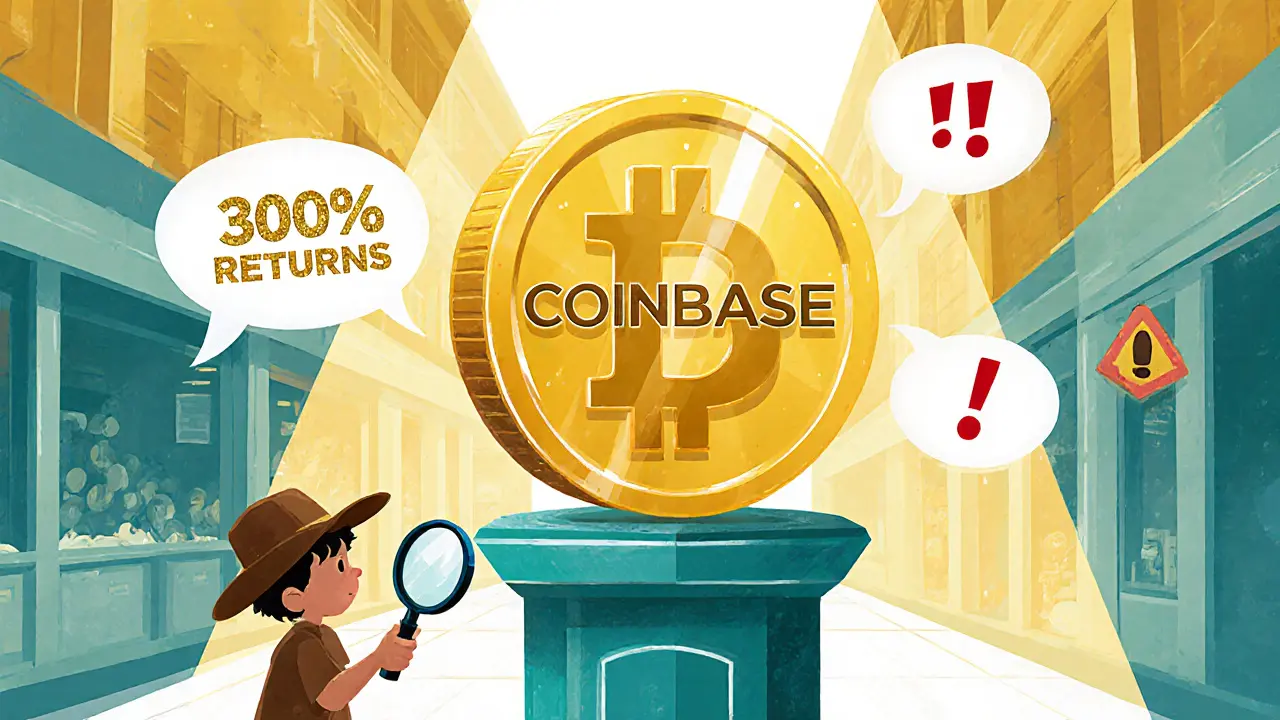Cryptocurrency Scam: How to Identify and Defend Against Common Threats
When dealing with Cryptocurrency Scam, a deceptive practice that aims to steal digital assets or personal data by exploiting the trust of crypto users. Also known as crypto scam, it often masks itself as legitimate projects, giveaways, or investment opportunities. Cryptocurrency Scam encompasses tactics like phishing, fake airdrops, and rug pulls, all of which require vigilance and the right tools to avoid costly mistakes.
Key Scam Types and How They Interact
One common form is Phishing, the act of tricking users into revealing private keys or login credentials through fake websites or messages. Phishing influences the success rate of many crypto scams because once an attacker gains access to a wallet, they can execute a rapid transfer. Another prevalent bait is the Fake Airdrop, a bogus token distribution that asks participants to submit private keys or pay a fee to receive “free” coins. These fake airdrops often appear alongside legitimate news, making it hard to tell them apart without proper verification. The third major threat is the Rug Pull, when developers abandon a project after raising funds, pulling liquidity and leaving investors with worthless tokens. Rug pulls frequently follow hype cycles driven by social media, and they can be triggered by the same deceptive narratives used in phishing and fake airdrops.
Understanding the relationships between these entities helps you build a stronger defense. For example, a phishing email might promote a fake airdrop, and the airdrop could be a front for a rug pull. Recognizing that a single campaign can combine multiple scam types lets you spot red flags early. Practical steps include using hardware wallets, double‑checking URLs, and avoiding any request for private keys. As you explore the articles below, you’ll see real‑world examples, detailed checklists, and tools that make spotting scams easier.
Below you’ll find a curated list of posts that break down each scam method, compare legitimate projects with their imposters, and give you actionable advice to protect your crypto portfolio. Dive in to sharpen your awareness and stay one step ahead of fraudsters.
BITCOINBING Crypto Exchange Review - Scam Check & Safety Verdict
A thorough 2025 review of BITCOINBING, exposing its lack of licensing, proof of reserves, and security audits, and explaining why it's considered a high‑risk crypto exchange.
What is the Fake COINBASE (COIN) Crypto Token and Why It’s a Scam
Learn why the so‑called Fake COINBASE (COIN) crypto token is a scam, how it operates, and steps to protect yourself from impersonation fraud.




